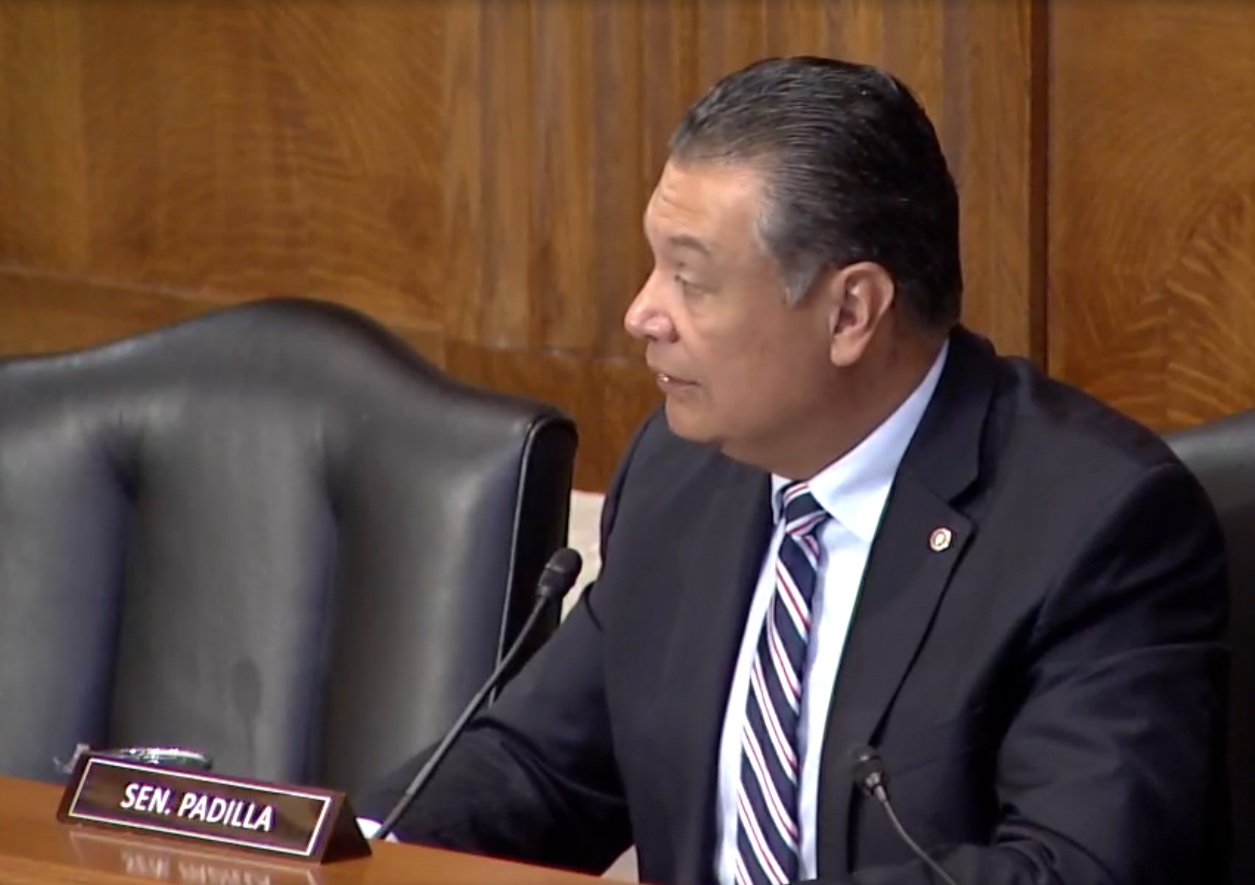
- Details
- By Chez Oxendine
- Real Estate
The Senate Committee on Environment and Public Works has advanced a bill that could open up land acquisition opportunities for tribes.
The GSA Disposal Process Tribal Parity Act of 2024 would allow tribal governments to join in bidding for surplus properties. The properties in question are auctioned — typically under market value — by the Government Services Administration (GSA).
The bipartisan bill was introduced by Sens. Alex Padilla (D-Calif.) and James Lankford (R-Okla.) in January this year. Sens. Kevin Cramer (R-N.D.) and Mark Kelly (D-Ariz.) co-sponsored the bill in the Senate.
As written, the bill would add tribes as eligible candidates for surplus land and property transfers from the GSA. The bill would also require the GSA administrator to develop and report on outreach efforts notifying tribes of these new opportunities. The bill emerged from committee May 24 with unanimous approval.
“As our nation works to strengthen tribal sovereignty and self-determination, we must ensure parity with tribal governments in our laws,” Padilla said in a statement. “It’s long past time we fix this stark omission and allow tribal governments the same opportunities as state and local governments to acquire surplus federal property, which will help provide additional housing, schools, and recreational opportunities for their citizens. [This] committee passage represents an important step toward enacting this commonsense bill as quickly as possible.”
An identical bill was introduced in the House of Representatives by Rep. Dusty Johnson (R-S.D.) in March. It has since been referred to the House Committee on Oversight and Accountability, but has not yet been brought to the floor.
In a statement, Johnson said passage of the bill would correct an “oversight” in failing to include tribes in the first place.
“There is a great need for public facilities for tribes, whether that is for schools, housing, or law enforcement needs,” Johnson said. “This bill will correct an oversight and allow tribal governments to have the same access to the disposal process as states and local governments, helping them save money and meet their facility needs.”
Lower Brule Sioux Tribe Chairman Clyde J.R. Estes said in the same statement that the Parity Act would help meet tribal needs for equipment and facilities.
“The Lower Brule Sioux Tribe is very thankful for the GSA Disposal Process Tribal Parity Act,” Estes said. “[It] will benefit Tribes with much needed surplus equipment that will immediately make an impact in tribal communities.”
The GSA disposal process involves federal real estate that has fallen out of use. Those properties are deemed as “excess” to federal needs. The GSA steps in to first offer those properties to state or local governments before widening the potential buyership elsewhere. If the bill passes, that first sale opportunity could also include tribes.
According to the GSA’s website, the agency has conveyed over $3 billion worth of property under the disposal program since 1987. Roughly one-third of those went to state or local governments and non profit organizations “at a substantial discount,” per the agency.
If the building or other property is planned for a public use, such as a community center or law enforcement, the property can be conveyed at a large discount. These are buildings that tribes typically need, per Johnson’s statement.
Real estate has become a flashpoint in Indian Country, per Tribal Business News reporting. Tribes seek to bring more land into trust, build out economic development opportunities, and create space for housing and public facilities. The same goes for tribal serving nonprofit organizations.
By increasing the pool of available bidders for public properties, the bill will benefit everyone involved, Lankford said.
“This bipartisan bill gives tribal governments access to the bidding process to purchase unused federal property, putting them on a level playing field with state and local governments,” Lankford said. “Allowing more competitiveness and equity to all when purchasing surplus federal properties will prevent waste, increase oversight, and ultimately save taxpayers money.”
